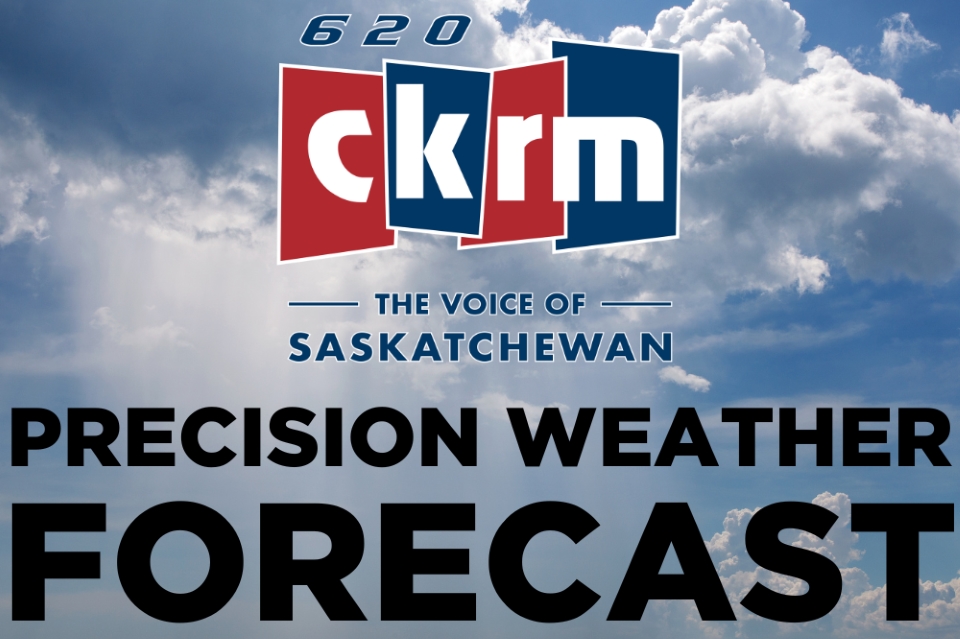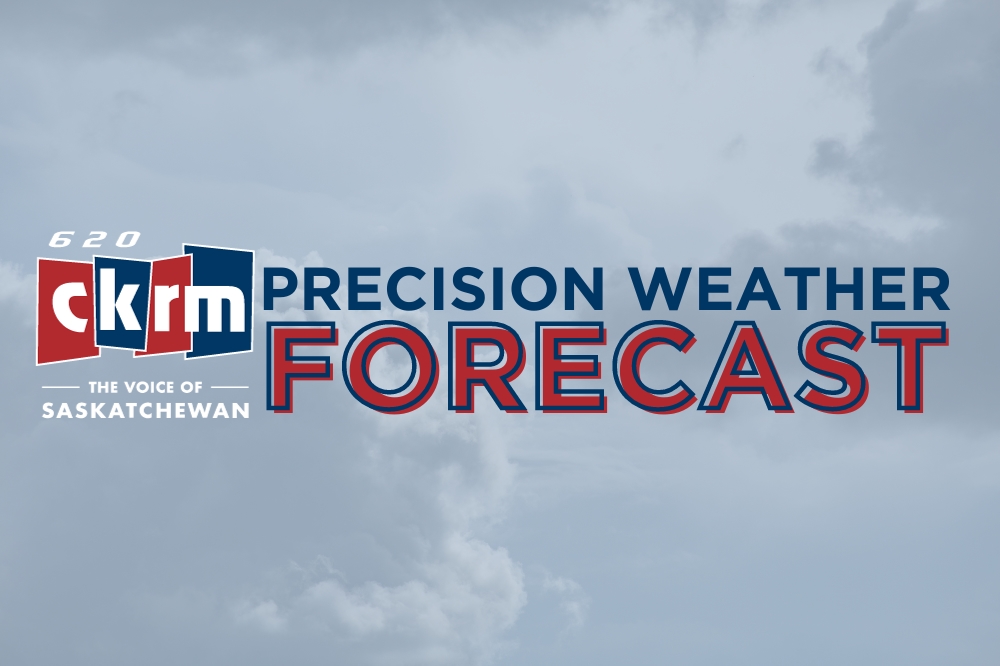With COVID-19 case numbers staying low, the government is amending its public health order.
Effective now, individual households may create a bubble up to a maximum of ten individuals in a home at any one time.
In making the announcement, the government says:
- The ten individuals should be from two to three consistent households. The total number in the gathering cannot be more than ten.
- You must be consistent in your household bubble: the bubble of ten is always the same individuals, from the same households. You may not join multiple bubbles.
- Assess the overall risk of COVID-19 before joining households. Does this household have a senior at elevated risk? Children attending school? Adults working outside of the home in essential workplaces? Can you still count all the potential contacts that household makes, in the event that a contact investigation must be done? If the risk of potential transmission remains high, consider another household or remaining within your household.
- If you are 50 years old or greater, consider keeping your contacts to your household only until you are able to be vaccinated.
There is also going to be an expansion when it comes to worship services.
As of March 19, up to 30 per cent of capacity or 150 attendees–whichever is lesser, will be allowed. All existing public health guidelines remain in effect.
Premier Scott Moe called it “a good day for Saskatchewan” during Tuesday’s COVID-19 update from the government. However he said people still need to be careful despite the loosened restrictions.
“The fact remains that the more close contacts each of us has, the more chance we have of contracting and spreading COVID-19,” reminded Moe. “That’s why we should keep our contacts to those same three households. You should not be visiting with two households on one night and then two different households the next night.”
While some in the province might be wondering if it’s too soon to loosen restrictions, the premier suggested that Saskatchewan is in a position to relax measures as case numbers decrease and vaccinations increase.
“We have another tool in our arsenal today that we did not have at Christmas time or in the months gone by, and that’s access to safe vaccines and a much larger number of those vaccines.”
The information comes as the province announced one new death, 113 new infections and 160 recoveries. The death is someone in their 50s from the northwest zone and becomes the 400th person in the province to die as a result of the virus.
The new cases are located in the Far North West (4), Far North East (9), North West (9), North Central (4), North East (1), Saskatoon (37), Central East (4), Regina (30), South West (3), South Central (1) and South East (3) zones. It brings the active case count to 1,414. The active case count has not been this low since November 11.
139 people are in hospital. 25 of those 139 are in intensive care.
The seven-day daily average now sits at 141 or 11.5 new cases per 100,000. That is the lowest seven-day average the province has seen since November 13.
736 vaccines were administered Monday, The province says the first 15,000 doses of AstraZeneca vaccine has arrived with administration to begin in the coming days at a drive-thru location in Regina for eligible groups including those between the ages of 60-64 and priority healthcare workers.
The Pfizer vaccine shipment for this week has arrived with doses expected to be delivered in Saskatoon and Regina on Tuesday and North Battleford, Yorkton and Prince Albert on Wednesday.
We are also getting more information on the more contagious variant cases.
The Roy Romanow Provincial Lab is reporting the results of positive samples tested between January 26 and February 27. Out of 190 samples, 35 confirmed variant cases were found including 28 in the Regina zone. This brings the provincial total to 44. 38 are the UK variant while the other six are the South African variant.
Chief Medical Health Officer Dr. Saqib Shahab said they can still “cautiously allow” people to meet between households despite the variants, but people need to be careful.
“The variants of concerns disrupted the plans in the United Kingdom, just as vaccinations started, and they saw their third wave,” explained Shahab. “We all need to be very careful in North America and Saskatchewan in terms of if our case numbers trend upwards, then we need to watch that very closely.”
The Regina zone has reported 36 cases of the UK variant.
(With files from Moises Canales)









